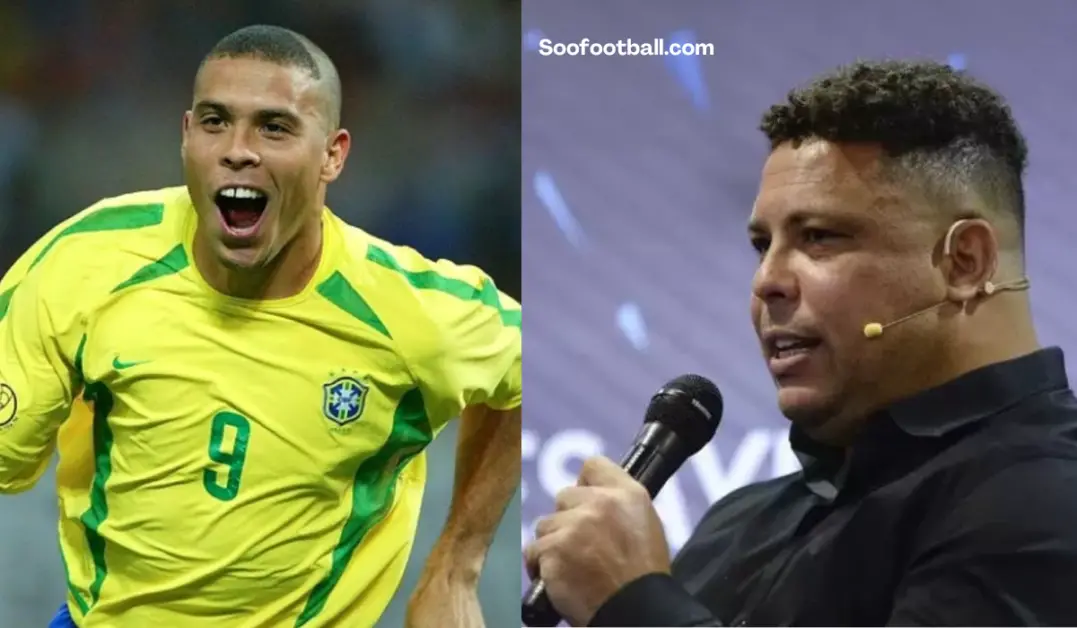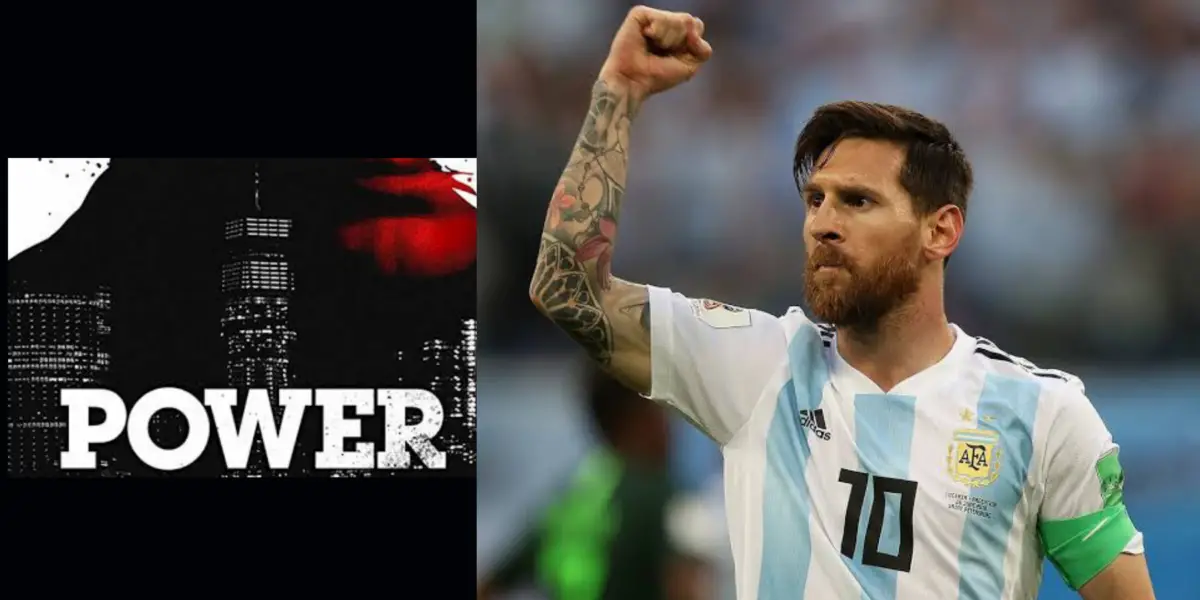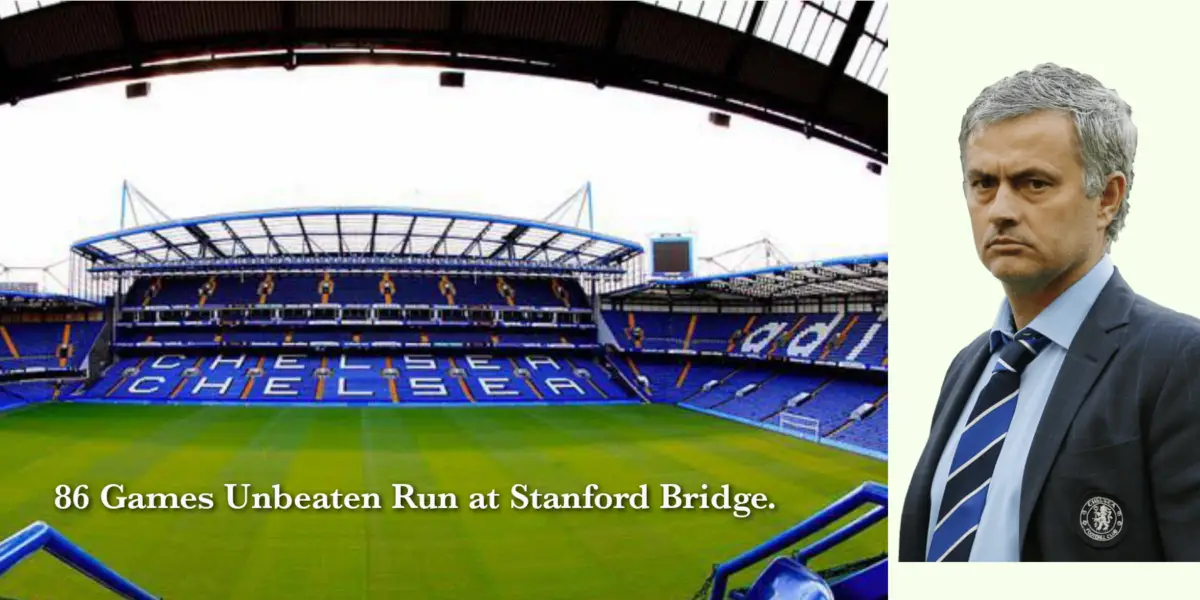The narratives of extraordinary and uneducated football players challenged the conventional belief that formal education is the gateway to success. These players may raise eyebrows initially, yet, fueled by an unyielding passion for the beautiful game, carved their own paths to glory.
This article transcends the conventional notion that success is solely tethered to a diploma. These players, hailing from diverse corners of the world, share a common narrative that underscores the idea that the pitch, not the classroom, was their crucible for success.
From the bustling streets of Rio de Janeiro to the impoverished neighbourhoods of Buenos Aires, these athletes chose a different classroom — one defined by the symphony of cheers, the camaraderie in locker rooms, and the sheer ecstasy of scoring a goal.
List of 20 Uneducated Football Players
1. Diego Maradona
Maradona grew up in the slums of Buenos Aires, Argentina. He had a challenging childhood and dropped out of school at a young age to pursue football. Maradona’s formal education was limited, and he relied on his innate talent to navigate the complexities of the football world.
2. George Best
Born in Belfast, Northern Ireland, Best displayed exceptional football skills early on. However, his academic pursuits took a backseat as he focused on his football career. Best did not pursue higher education, dedicating his time and energy to becoming one of the greatest players in Manchester United’s history.
3. Romario
Hailing from Rio de Janeiro, Brazil, Romario’s focus on football overshadowed his academic pursuits. He didn’t pursue higher education, choosing to hone his skills on the streets of Brazil and ultimately becoming one of the country’s greatest goal-scorers.
4. Paul Gascoigne
The English midfielder, known for his flamboyant style on the field, faced challenges in academics and did not pursue higher education. Gascoigne’s early years were devoted to football, paving the way for a successful career despite lacking formal educational qualifications.
5. Adriano
Growing up in the favelas of Rio de Janeiro, Brazil, Adriano faced socio-economic challenges. His dedication to football took precedence over formal education, and he rose to prominence with his powerful and precise goal-scoring abilities.
6. Garrincha
Born into poverty in Brazil, Garrincha’s formal education was limited. His extraordinary dribbling skills on the pitch were honed in the streets, and he became a football legend despite not pursuing extensive academic qualifications.
7. Ronaldinho
Raised in a humble background in Brazil, Ronaldinho prioritized football over formal education. His remarkable skills and infectious smile made him one of the most beloved and successful players in the history of the sport.
8. Ronaldo Nazario
Hailing from Rio de Janeiro, Ronaldo faced economic hardships during his youth. His dedication to football led him to forgo extensive formal education, focusing on becoming one of the most prolific strikers in the world.
9. Jay-Jay Okocha
The Nigerian midfield maestro, born in Enugu, focused on football from a young age, bypassing higher education. Okocha’s dazzling skills on the field made him a standout player, and he enjoyed a successful career in top European leagues.
10. Carlos Tevez
Growing up in the impoverished Fuerte Apache neighbourhood in Buenos Aires, Tevez faced a challenging upbringing. His football talent became his ticket out of poverty, and he did not pursue higher education, dedicating himself entirely to the sport.
11. Gazza
Paul Gascoigne, the English football icon, had a modest upbringing in Gateshead. Academic challenges led him away from formal education, and he channelled his energy into football, achieving success with his skill and flair on the pitch.
12. Alexis Sanchez
Born in Tocopilla, Chile, Sanchez’s early years were marked by economic struggles. He chose football to overcome adversity and did not pursue higher education. His goal-scoring abilities later earned him recognition on the global stage.
13. Mario Balotelli
Balotelli, born in Palermo, Italy, faced difficulties in his early years. His turbulent upbringing led him to prioritize football over formal education, and he emerged as a controversial yet talented striker with an impressive goal-scoring record.
14. Javier Hernandez
Hailing from Guadalajara, Mexico, Hernandez focused on football from a young age. He did not pursue higher education, channelling his efforts into becoming a prolific striker, both in European leagues and for the Mexican national team.
15. Fabio Cannavaro
Growing up in Naples, Italy, Cannavaro’s attention was always on football. He chose not to pursue extensive formal education, dedicating his time to the sport. Cannavaro went on to become a World Cup-winning captain and a respected figure in the football community.
16. Frank Rijkaard
Born in Amsterdam, Netherlands, Rijkaard’s focus on football led him away from pursuing higher academic qualifications. His contributions on the field, both as a player and later as a coach, highlighted his football intelligence and passion for the sport.
17. Ruud Gullit
Gullit, born in Amsterdam, Netherlands, prioritized football over formal education during his youth. His natural talent and leadership qualities propelled him to success, making him one of the most iconic figures in Dutch football history.
18. Ferenc Puskas
Hailing from Budapest, Hungary, Puskas’ early years were marked by hardship. Limited formal education did not hinder his football prowess, and he became one of the greatest goal-scorers in the sport’s history.
19. Paolo Rossi
Born in Prato, Italy, Rossi’s focus on football overshadowed formal education. His goal-scoring exploits in the 1982 World Cup brought him international acclaim, showcasing that talent and determination can thrive despite his limited academic background.
20. Dennis Rodman (Football Stint)
While primarily known as a basketball player, Rodman briefly tried his hand at football. Coming from a basketball background, Rodman had limited formal education, and his football venture was a testament to his versatile athletic abilities.
Conclusion
To conclude the tales of these incredibly uneducated football players, we witness a fascinating paradox: a world where the scoreboard doesn’t tally diplomas. These players, against the odds, have become synonymous with success, their bank accounts echoing the cheers of the crowd. While their journeys demonstrate that formal education isn’t the exclusive key to prosperity, it’s crucial to acknowledge the nuanced reality they face.
These players, now basking in the financial glow of their football triumphs, challenge the traditional narrative that a degree is the sole indicator of prosperity. The pitch, not the classroom, was their proving ground, and their success echoes louder than any academic accolade.
However, it’s essential to acknowledge the flip side. Being uneducated poses challenges beyond the field; financial mismanagement and vulnerability to exploitation are real threats. Yet, there are shining examples of players who’ve triumphed over this drawback. Take, for instance, the inspiring journey of former Brazilian footballer Ronaldo Nazario. Despite facing challenges in formal education, Ronaldo went on to establish himself as a successful businessman post-retirement, showcasing resilience and determination.
Overall, the stories of these uneducated football players underscore that while formal education is vital, success is a multi-dimensional journey. The pitch, with its twists and turns, remains a viable pathway to triumph. These players, with their wealth and fame, redefine success, reminding us that there’s more than one route to victory in the game of life.





